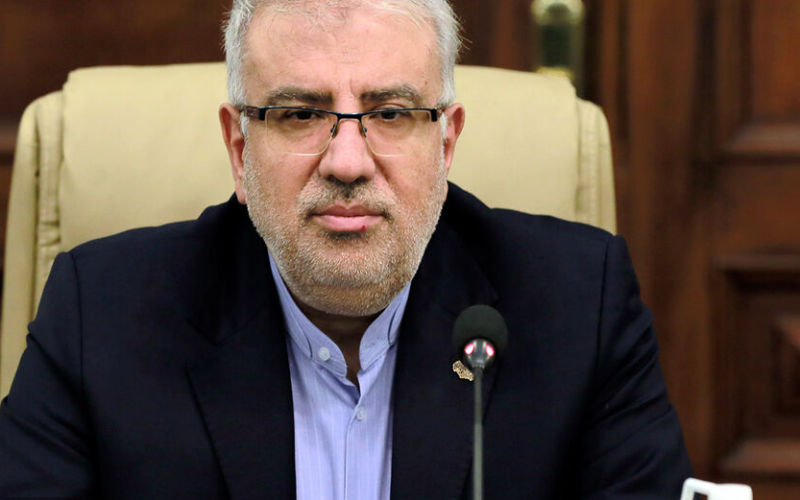Iranian Oil Minister Javad Owji declared that Iran’s oil exports will remain unaffected regardless of the outcome of the upcoming U.S. presidential election. This statement comes amidst speculation that a potential return of Donald Trump to the White House could lead to renewed restrictions on Iranian crude sales.
Speaking on Wednesday, Owji emphasized, “Whatever government comes to power in the United States will not be able to prevent Iranian oil exports,” according to a report by Iran’s official news agency, IRNA.
In 2018, then-President Trump withdrew the U.S. from the 2015 nuclear agreement with Iran and reinstated sanctions. These measures significantly impacted Iran’s oil sector, reducing production to 2.1 million barrels per day (bpd). The sanctions aimed to curb Iran’s oil revenues, which are a critical source of funding for its economy.
However, under the administration of President Joe Biden, who took office in 2021, Iran has seen a resurgence in its oil industry. According to Owji, Iran has successfully increased its oil output to 3.5 million bpd and tripled its exports since Biden assumed the presidency. This growth has been partly facilitated by expanding trade relations with China, a key buyer of Iranian crude.
Owji’s assertion underscores Iran’s determination to maintain and even expand its oil exports despite any potential political changes in the United States. His comments are particularly relevant in the context of the upcoming U.S. presidential election on November 5. There is ongoing concern that a change in U.S. leadership, particularly a return to power by Trump, could bring about stricter sanctions on Iran’s oil exports.
Iran’s ability to continue exporting oil could influence global oil markets and geopolitical dynamics, especially if it maintains strong trading partnerships and manages to navigate sanctions through various means. The broader implications for international oil prices and supply chains will depend on how U.S. policies toward Iran evolve post-election.
In Iran, the political environment is also shifting. The country is set to hold its own presidential election on June 28, following the untimely death of President Ebrahim Raisi in a helicopter crash in May. The election outcome may influence Iran’s domestic and foreign policies, including its approach to oil exports and international trade.
Iran’s stance on oil exports remains firm, with Minister Javad Owji stating that no future U.S. administration will succeed in halting the flow of Iranian crude. This declaration reflects Iran’s broader strategy to assert its oil trade resilience and secure economic stability amid fluctuating international relations and sanctions pressures. As both Iran and the U.S. prepare for their respective elections, the future of Iran’s oil exports will be closely watched by global markets and political analysts alike.








